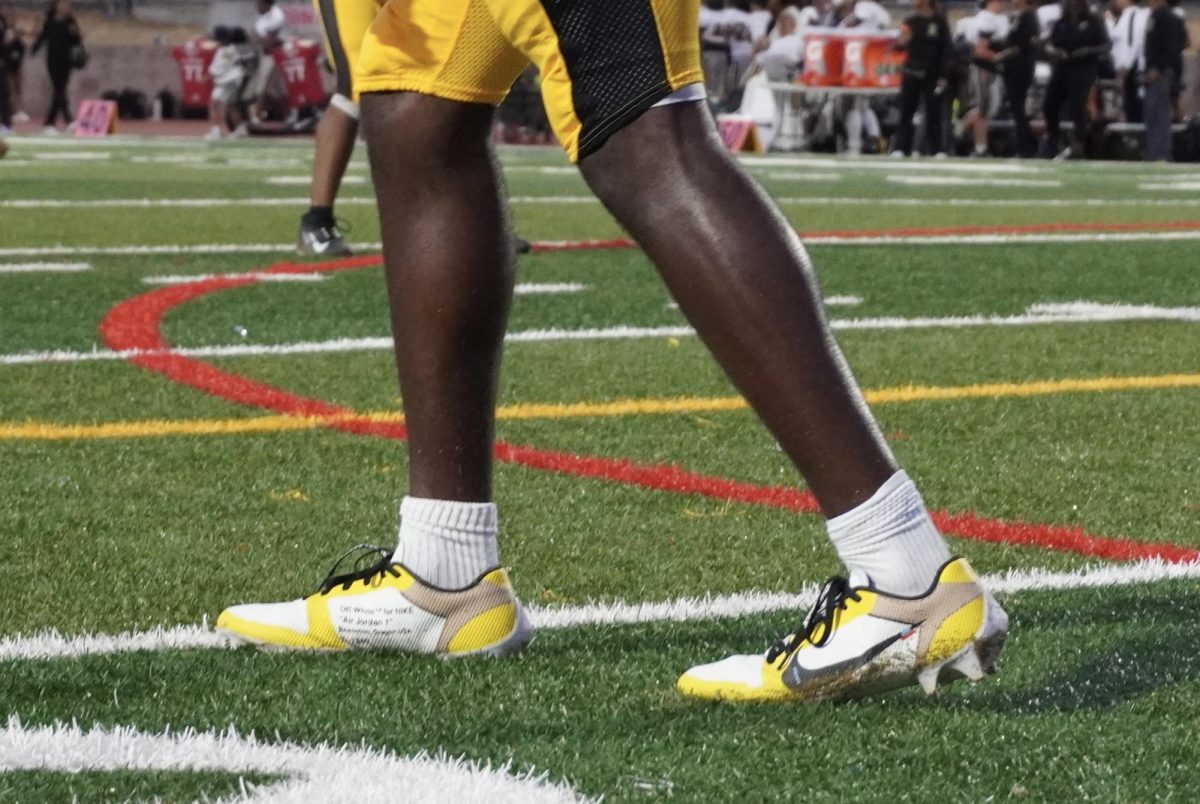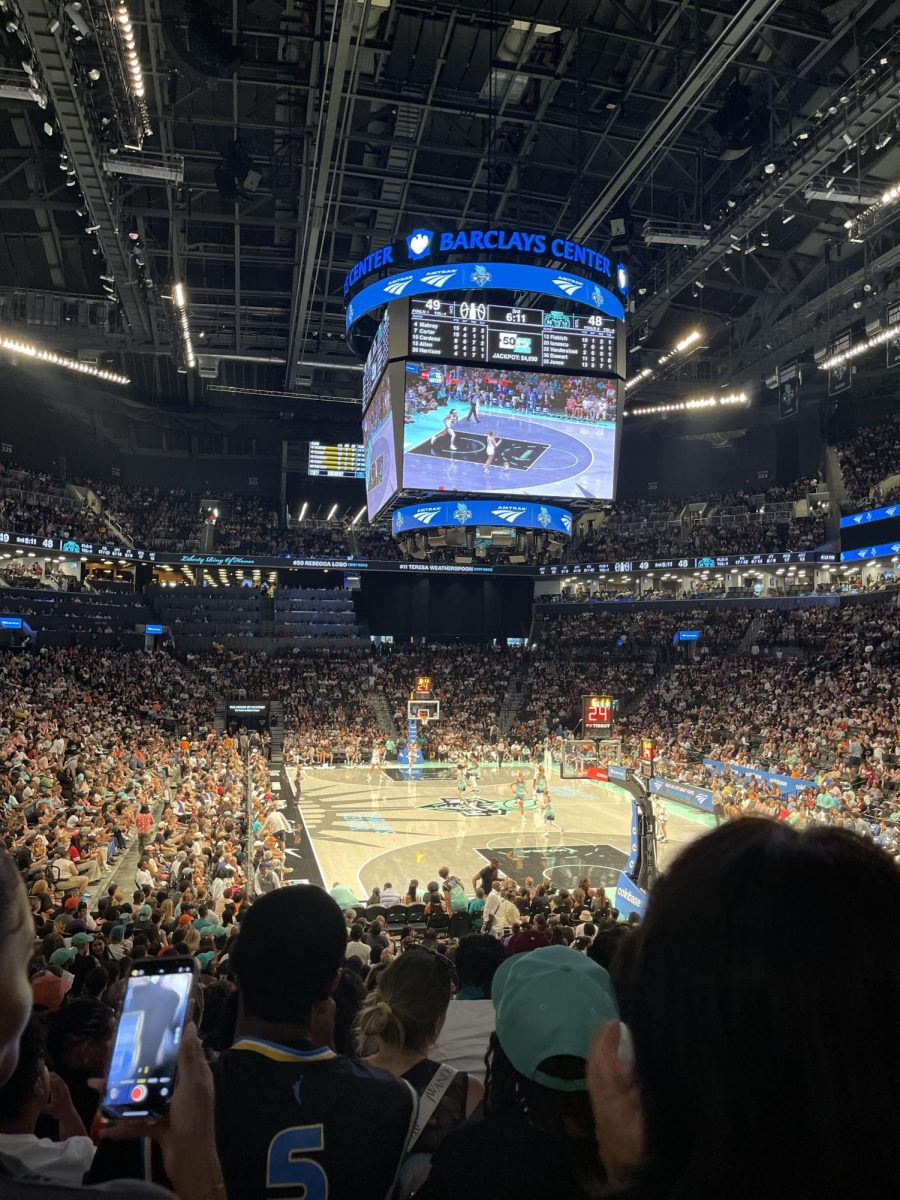With fall approaching, college applications are also creeping up on the class of 2025 as they ponder about the future and what they want to do with their lives after graduation. Since there are numerous athletes in the senior class, a common question is how the college application process is different for student-athletes who have already committed to a specific college. The application process for student-athletes is a lot more centered around their sport but also has large academic aspects to them to get into the college that they desire.
Speaking with ’25s committed golfer to the University of Arizona, Sydney Silva, explained the recruitment process for schools. “The summer between your sophomore and junior year is when the NCAA (National Collegiate Athletic Association) gives a questionnaire asking about what sport you want to do for college and what you are interested in.” For many people like Silva, the NCAA contacts many young athletes in high school to try and see what colleges they are interested in.
She continues about her experience as a high school athlete. “Even though I am committed, I still do have to go through that college application process; however, it isn’t as stressful because, in my situation, I know that I’m pretty much in the school, which I feel very lucky about.”
According to the website Scholarship Stats, about 7% of high school student-athletes go to varsity college level, and under 2% of people eventually go pro from there. But with the very few people who end up getting these offers and recruitment opportunities, do grades still matter, or do colleges only focus on your athletic ability?
“Grades definitely do matter in senior year because, do you know, the coaches probably recruited you because you’re obviously a good athlete and a good person, but you can also demonstrate success and motivation in the classroom, which is what being a student-athlete is all about,” Silva states. Even though student-athletes do not have the stress of where to go to college, they still do have many senior stressors that they have to deal with. “For anyone who is interested in getting recruited, trust the process that makes you succeed and the process that makes you a happy and well-rounded person.”
However, there are ways to break the commitment to a school that a student-athlete has already committed to. In Sydney’s perspective as a golfer, there were fewer schools to commit to since golf is a relatively small sport in college athletics. This means that if she wanted to drop, or got dropped from a school, the probability of finding an offer from another school is very high. For larger sports such as football, there are more options for schools and breaking commitments is more common than one would think, meaning the risk of not finding another school is significantly less likely. Although, when getting dropped by school for more serious reasons, other schools are aware of the situation and can use it against the athlete when they look for another school to attend for their sport.
As athletes go through the application process, although it may be different than most other seniors’ applications, they still have a lot of work ahead of them until they go to college. They still have to focus on not only their athletic career but also their grades at school, as well as their own application process and the stress of being a senior.








